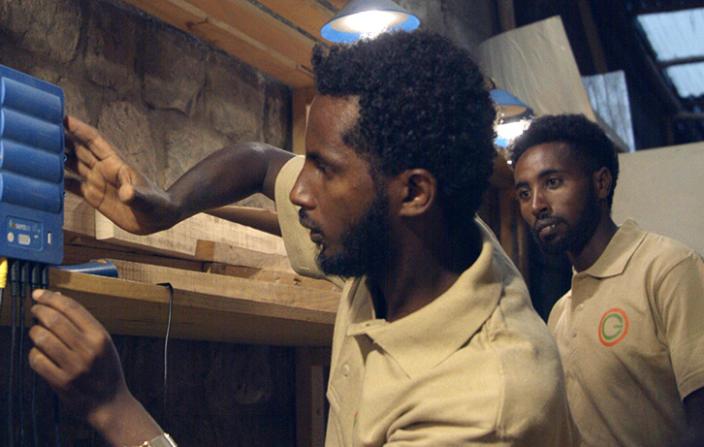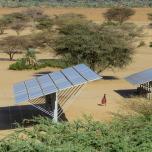Country work - Malawi
In 2022, SEforALL collaborated with the Ministry of Energy of Malawi, with support from the Global Energy Alliance for People and Planet, to develop an updated Malawi Integrated Energy Plan. This analysis represents a truly integrated energy access plan that provides actionable data and insights for the private sector and government stakeholders to plan the expansion of least-cost access to electricity and access to clean cooking, including for healthcare facilities.
Integrated Energy Plans (IEPs) are a framework that helps direct investment and resources effectively and efficiently to where they are needed most in a given country. The Malawi IEP is also being used by the Government of Malawi to update targets under the Malawi SDG7 Cleaner Cooking Energy Compact, which outlines the country’s ambition for clean cooking progress between now and 2030.

85%
Population in Malawi without access to sustainable, affordable and reliable electricity.
82.3%
Estimated total emissions reduction from increased utilization of e-cooking, LPG, and cleaner burning biobased fuels under the Malawi IEP scenario.
The launch of Malawi’s IEP marks the start of a new chapter of evidence-based decision-making in the country. The IEP is easily accessible online for use by government institutions, the private sector, development partners, and the public

Hon. Ibrahim Matola
Minister of Energy, Republic of Malawi
Malawi’s leadership
Energy access in Malawi remains stubbornly among the lowest in Sub-Saharan Africa, at 15 percent of the total population electrified, and only one percent with access to clean cooking solutions. With the launch of Malawi’s IEP, the country has embarked on a new era of data-driven decision-making to enable action from national and international stakeholders that will help close these access gaps.
Malawi was also one of the early supporters of the Africa Carbon Markets Initiative (ACMI), helping launch the initiative at COP27. ACMI has a mission to work with African countries, including Malawi, to establish viable carbon markets that will help countries attract finance for energy access and transition projects by issuing carbon credits.
Why is our work with Malawi important?
Social impact. Our work on the Malawi IEP highlights how energy planning data can enable energy access projects that power critical social services like healthcare. EnDev Malawi, under GIZ’s Energizing Healthcare program, used the data and analytics in the Malawi IEP to inform its installation of solar-battery systems at 93 health facilities in the country. In the wake of the COVID-19 pandemic, the Plan also provides key insights into the energy needed for upgrading the country’s vaccine distribution system with cold chain equipment.
By articulating clean cooking opportunities for different solutions as Malawi pursues accelerated electrification, the Plan will also help Malawi transition away from polluting cooking options that are detrimental to human health.
Supported by:
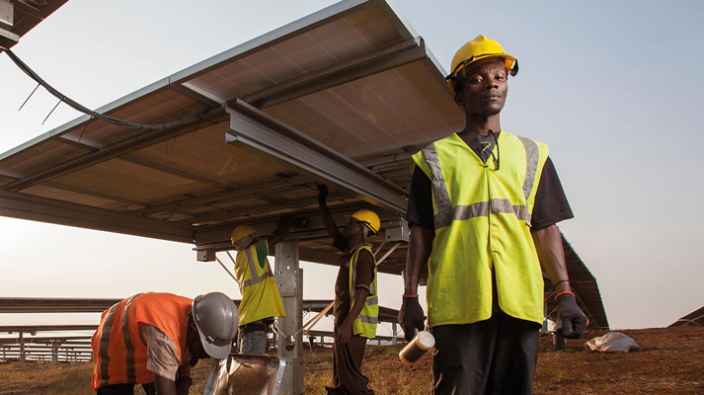
The Malawi Integrated Energy Planning Tool offers in-depth data and insights to inform the country’s efforts to advance the sustainable development of clean energy solutions to close the energy access gap.
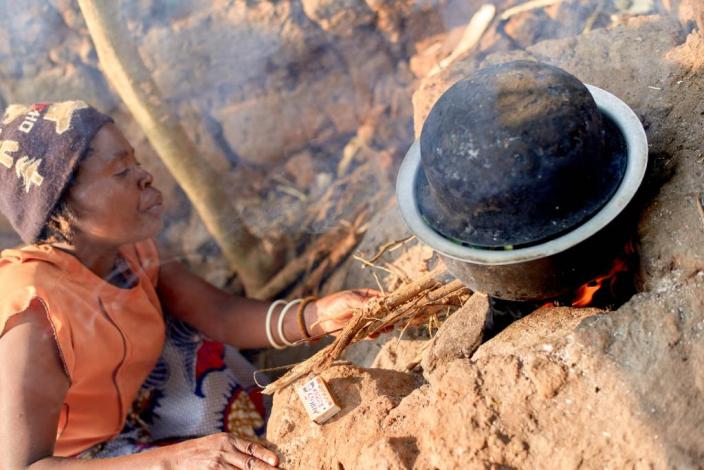
This report provides an overview of clean cooking opportunities to be achieved by 2030. By utilizing a dynamic data-driven methodology, the report identifies a mix of modern and cleaner cooking technologies and solutions to achieve SDG7.1 targets by 2030 including realization of Malawi’s SDG7 Cleaner Cooking Compact.
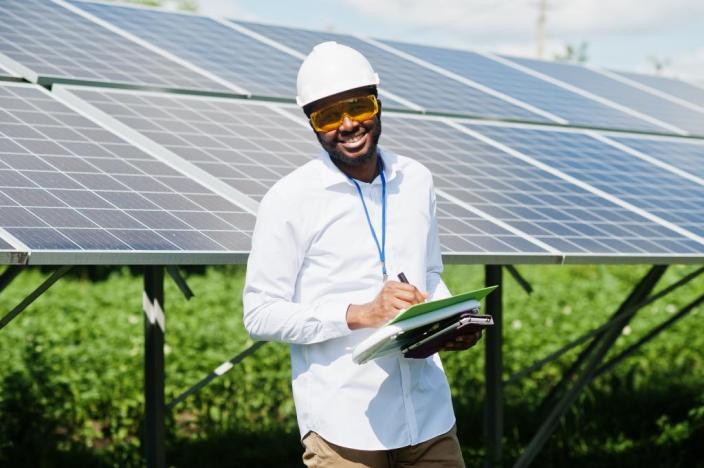
This report covers the least-cost electrification pathways for the country to reach universal electrification, and ultimately achieve SDG7.1, accounting for the current infrastructure and demography. It provides actionable intel for private as well as public sector energy planners.
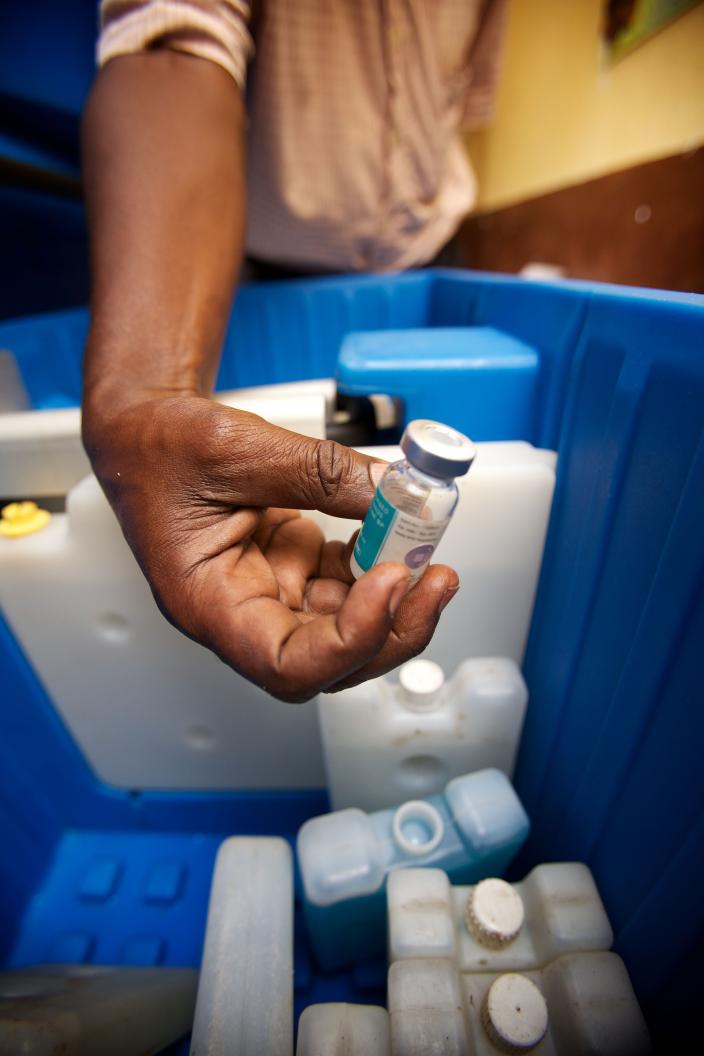
This report includes the results of cold chain capacity utilization and assessment, facility energy needs assessment and recommendations for effective cold chain management for both COVID-19 vaccines as well as routine immunization coverage for Malawi.


